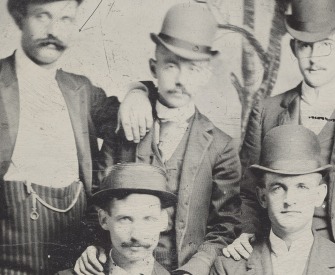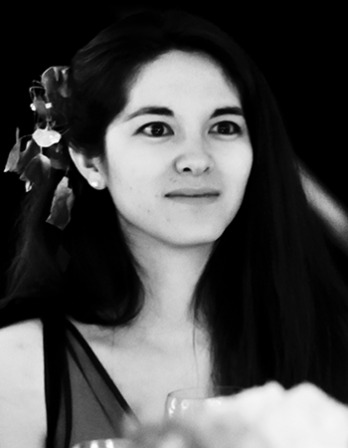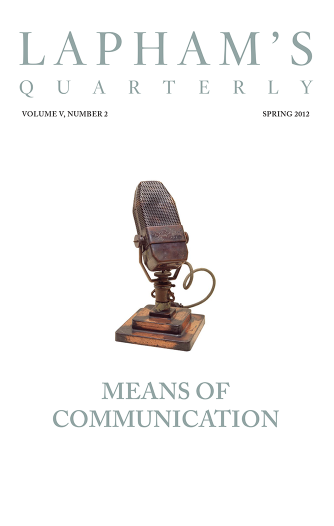In ordinary logic almost all effort is concentrated on the syllogism. The logicians seem scarcely to have thought about induction. They pass it by with barely a mention and hurry on their formulas for disputation.
But we reject proof by syllogism because it operates in confusion and lets nature slip out of our hands. For a syllogism consists of propositions, and propositions consist of words, and words are counters and signs of notions. And therefore if the very notions of the mind are badly or carelessly abstracted from things and are vague and not defined with sufficiently clear outlines, and thus deficient in many ways, everything falls to pieces. And therefore we reject the syllogism; we regard induction as the form of demonstration which respects the senses, stays close to nature, fosters results, and is almost involved in them itself.
And so the order of demonstration is completely reversed. For the way the thing has normally been done until now is to leap immediately from sense and particulars to the most general propositions, as to fixed poles around which disputations may revolve; then to derive everything else from them. By contrast, by our method axioms are gradually elicited step by step so that we reach the most general axioms only at the very end, and the most general axioms come out not as notional but as well defined, and such as nature acknowledges as truly known to her, and which live in the heart of things.
From The New Organon. Bacon explained in a letter to King James I that this work, which challenged the precepts of Aristotle’s Organon, was “no more but a new logic, teaching to invent and judge by induction, as finding syllogism incompetent for sciences of nature; and thereby to make philosophy and sciences both more true and more active.” Having been knighted in 1603 and made lord chancellor in 1618, Bacon was impeached from his post on charges of taking bribes in 1621. He died at the age of sixty-five in 1626.
Back to Issue





